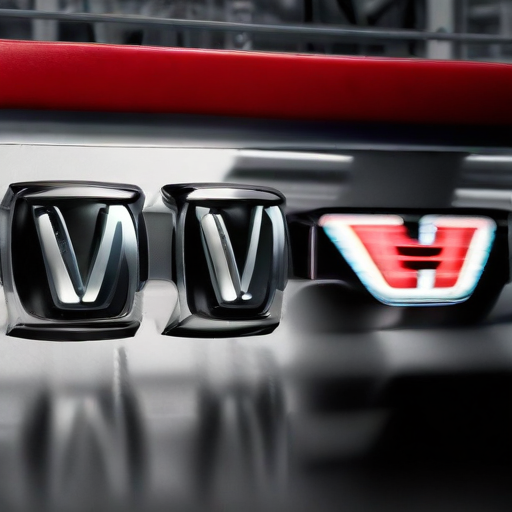Nissan and Honda have revealed plans to explore a merger, potentially creating the world’s third-largest automaker based on sales. This decision comes amid significant changes in the automotive industry, particularly as manufacturers shift focus from fossil fuel dependence to electric vehicles.
The companies, along with Nissan’s partner Mitsubishi Motors, have signed a memorandum of understanding to discuss integrating their operations under a joint holding company. Honda’s president, Toshihiro Mibe, expressed optimism about the merger, stating that Honda would lead the management team initially while maintaining the distinct identities of each brand. A formal agreement is anticipated by June 2026.
However, Mibe also acknowledged that there are uncertainties involved, stressing that the discussion is still in its early stages and that there is a possibility it may not proceed. The discussion of this merger is seen as a strategic move for both automakers, as they navigate challenges in the electric vehicle market and aim to compete with industry giants like Toyota and Volkswagen.
Reports emerged indicating that Foxconn, known for manufacturing iPhones, could have been a motivating factor for Nissan’s renewed talks with Honda. If the merger proceeds, it could create a company valued at over $50 billion, combining the strengths of all three manufacturers. Together, they would produce approximately 8 million vehicles annually, bolstered by Nissan’s expertise in electric vehicle technology and Honda’s established brand presence.
In light of its recent struggles, including a significant workforce reduction and financial losses, the merger presents a potential lifeline for Nissan. Honda is viewed as a worthy partner capable of rejuvenating Nissan’s operations, especially considering Nissan’s complex history, particularly following the legal troubles of its former chairman, Carlos Ghosn.
Despite reservations from industry observers, the merger signifies a broader trend toward consolidation in the automotive sector, as companies adapt to rapidly evolving market demands. Japanese authorities have emphasized the need for competitiveness in a shift toward electric and autonomous vehicles.
Overall, this merger could pave the way for innovation and collaboration in the Japanese auto industry, fostering advancement in electric vehicle technologies and potentially improving the prospects of both companies in a competitive global market.
This development reflects hope for a more robust Japanese automotive industry, reinforcing the importance of collaboration in overcoming challenges and adapting to a future driven by sustainability and technological innovation.
